Student Blog
Fieldwork
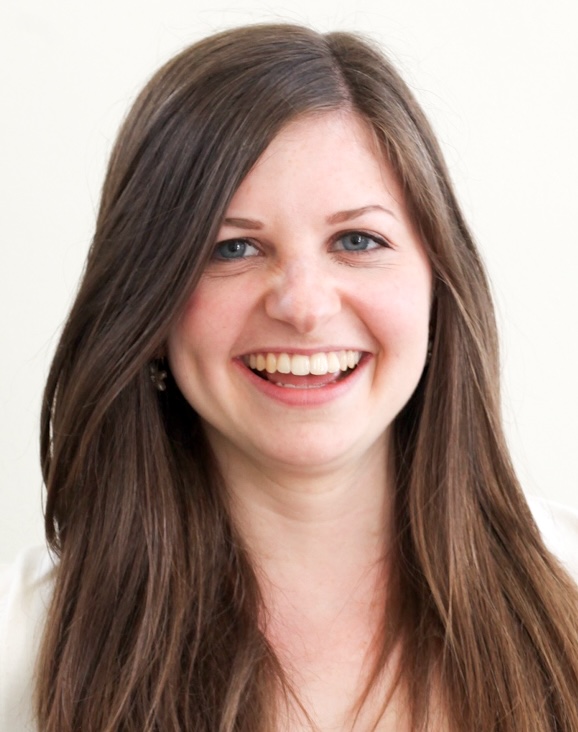
First Day of Fieldwork! ⟩
September 19, 2016, by Kimmy
Fieldwork
Although we just finished Week 4 of classes, this was the first week of Level I Fieldwork for the semester. I am currently in my third and final immersion: mental health. As Alyssa explained, OTs practice in a variety of settings, which is true for the mental health population. For fieldwork this semester, I am placed at a supportive housing community for people labeled with mental illness who were previously homeless.
The first day was a bit hectic, as expected, but here are some highlights! For the first hour, I joined in on a walking group. The group includes men recovering from substance use and uses walking as a medium to encourage occupational participation and positive communication. It was a great opportunity to meet some of the program members and get some fresh air! Later, I spent time collaborating with other fieldwork students to plan occupation-based groups that we will ultimately lead. The site encourages collaboration between Level I students from USC and Level II students from California State University, Dominguez Hills. As a result, we are not only exposed to the clinical aspects of a typical fieldwork site, but also the interpersonal development necessary to become an effective therapist.
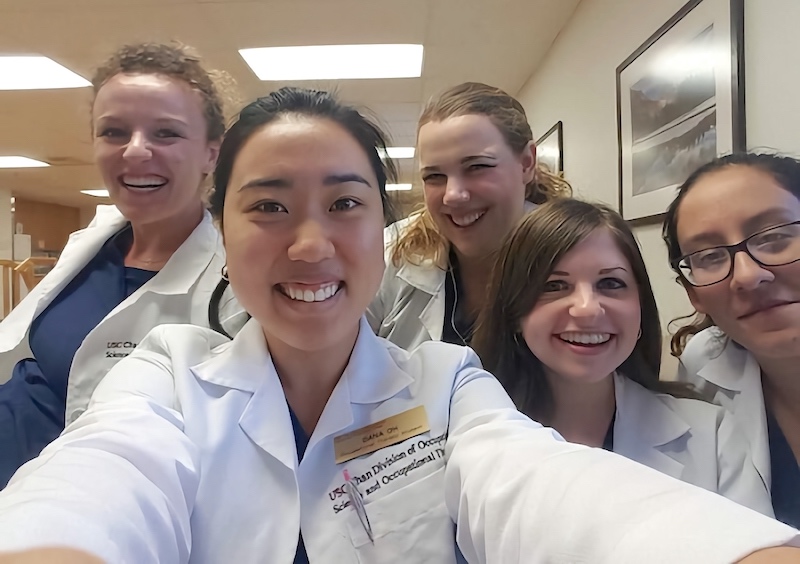
Classmates make fieldwork more fun!
In my opinion, fieldwork is one of the best ways to learn because it provides hands-on experience with diverse applications of OT. I especially love it when my personal favorite occupations align with treatment plans. This semester, I will be involved in planning and leading a cooking group. Not only does this allow me to engage with clients and build a therapeutic relationship, but I get to participate in one of my favorite activities while doing so! See below for some of my foodie faves:
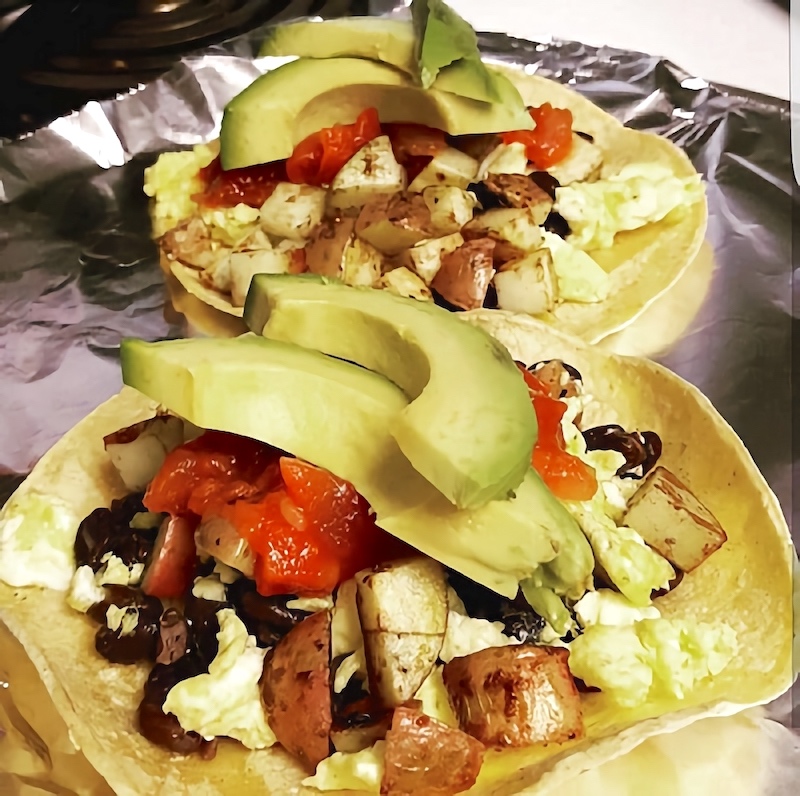

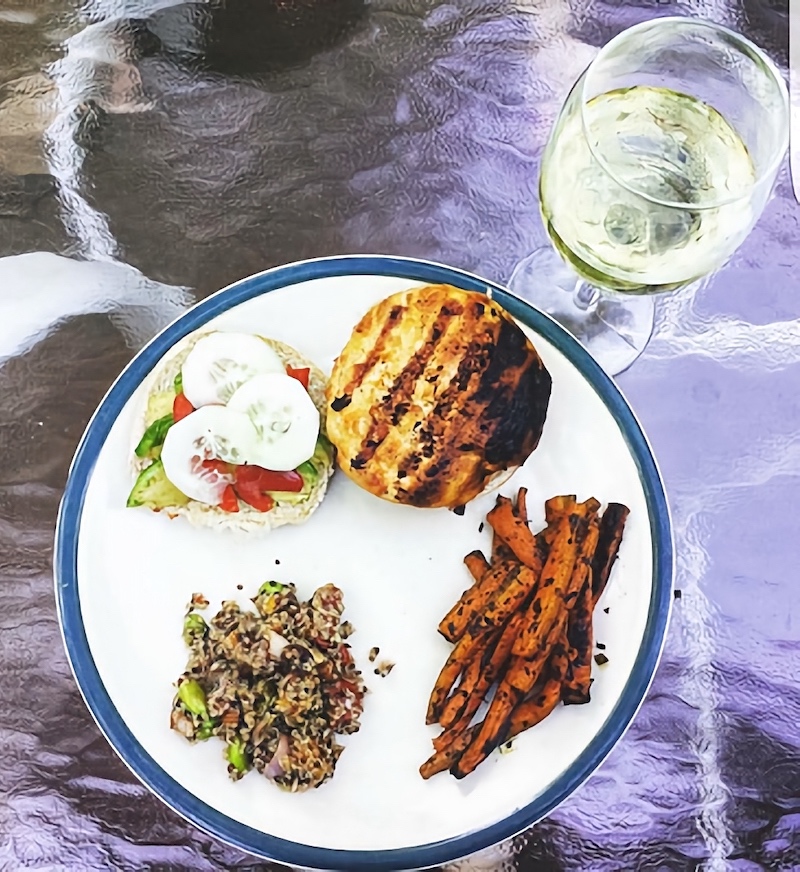
⋯

OT in UT ⟩
September 6, 2016, by Kimmy
Fieldwork School/Life Balance
For my first Level II fieldwork experience, I spent this past summer in Utah. Since I returned home for every summer before, I was itching for an adventure! And what an adventure I got!
I decided to go out of state for fieldwork because it is uncommon to be granted an opportunity to work anywhere you want for three months. At this point in my life, I have the freedom to travel and I wanted to make the most of it. Though I had never been to Utah before, I was excited to learn about a new place and, more importantly, learn about OT in a new place!
I completed my pediatric fieldwork rotation at the University of Utah Life Skills Clinic. As an outpatient teaching clinic, the site was very receptive to students and provided me with a valuable learning environment. The mentorship from experienced occupational therapists and partnership with other fieldwork students made me feel comfortable in this unfamiliar place.
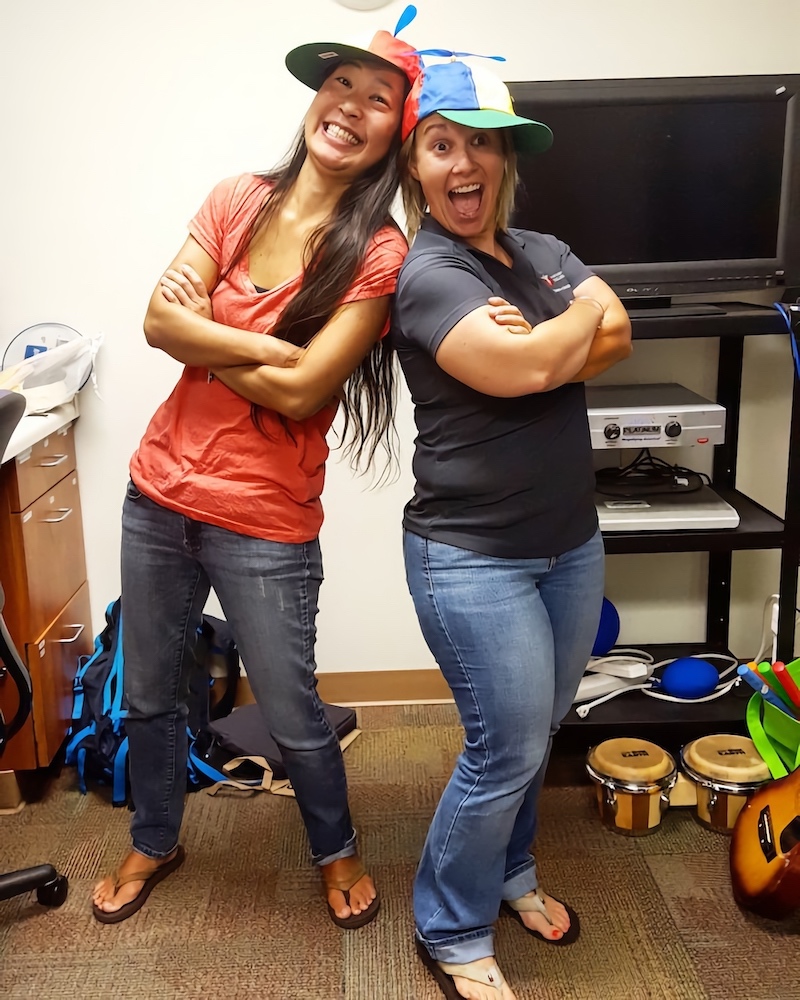
My co-fieldwork students!
As all OTs preach, balance is a key part of any meaningful experience. So I made sure to balance my fieldwork responsibilities with recreational exploration. When I wasn’t in the clinic, I could probably be found on a mountain. In addition to hiking every weekend, I went tubing down the Provo River, rode in a hot air balloon over Park City, and was captivated by national parks of Southern Utah.
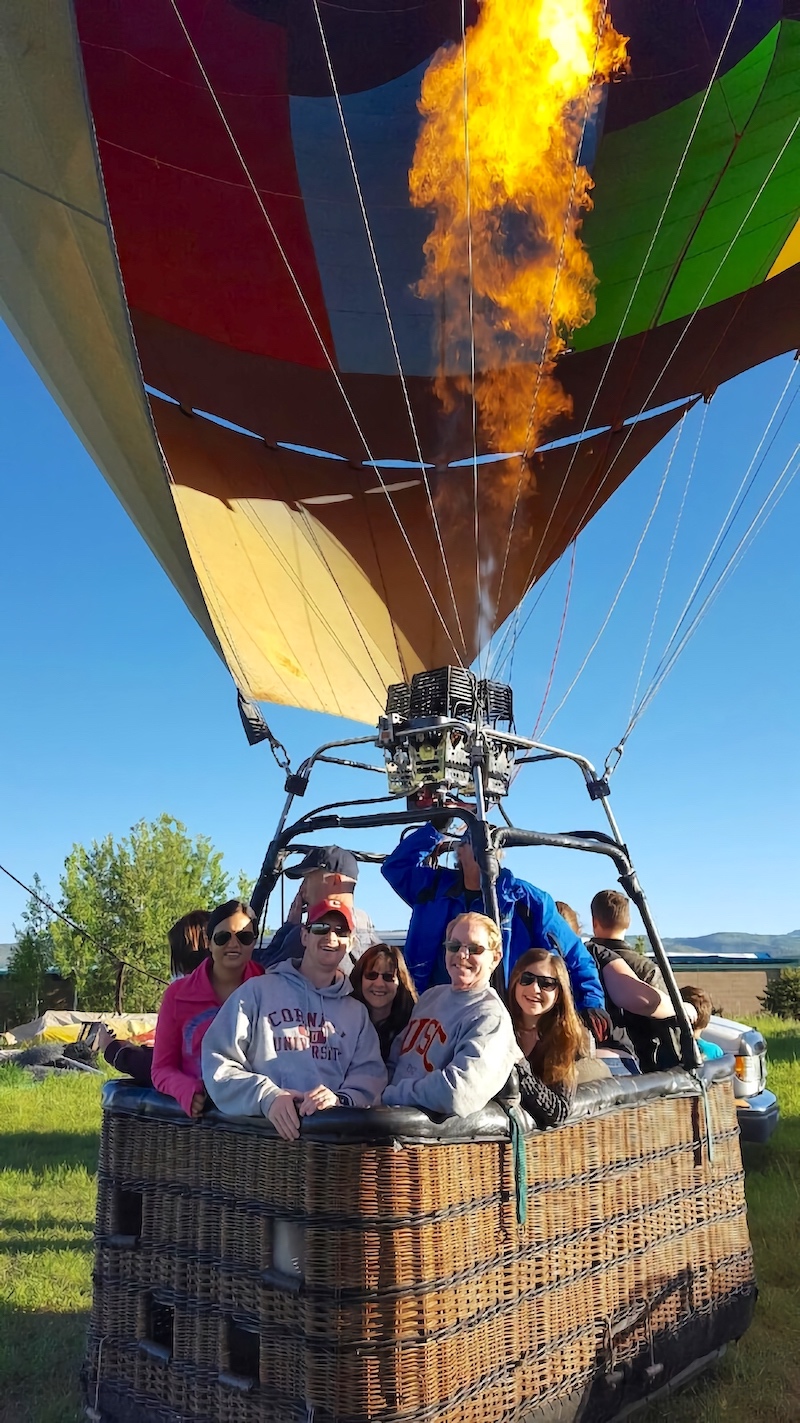
Hot air balloon ride with my family!
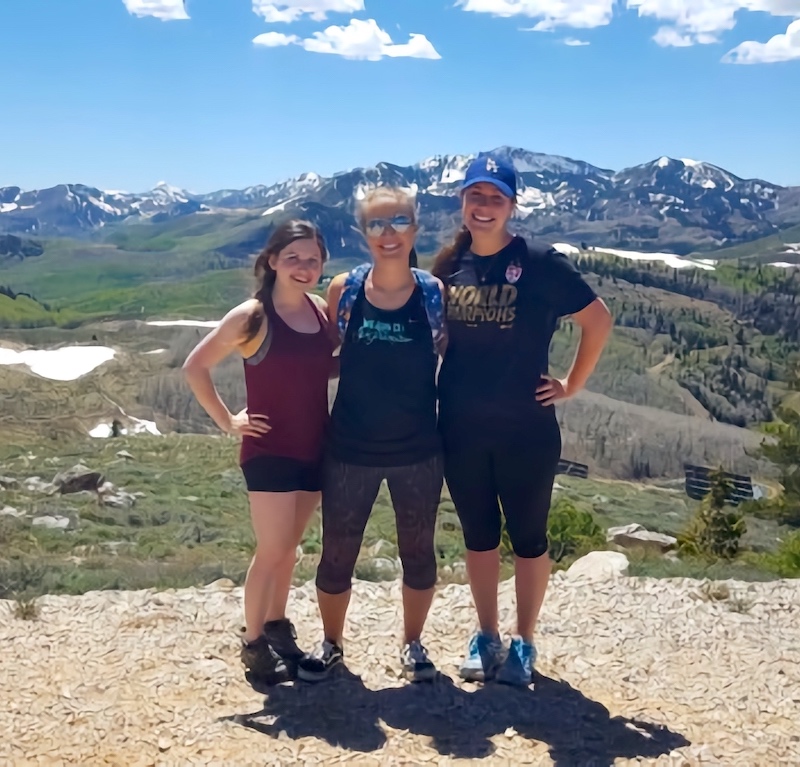
A be-UTAH-ful landscape
Based on my own adventures, I would encourage everyone to consider traveling out of the area for fieldwork! I found it extremely eye-opening to learn about OT in a different state, meet students from the OT program at a different university, and become immersed in the culture of a different place. But the best part, of course, was being able to come home to USC at the end. 😊 If you have any questions about out-of-area fieldwork, please reach out!
⋯
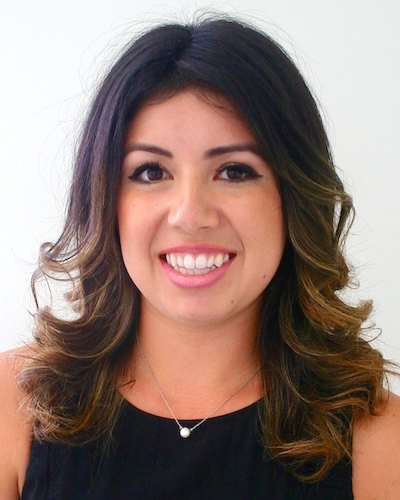
Where can Occupational Therapists practice?! ⟩
September 1, 2016, by Alyssa
Fieldwork What are OS/OT?
One of the greatest perks about becoming an occupational therapist is that you have a variety of options to choose from when deciding where to work! Occupational therapists can practice in a variety of settings, which include but are not limited to hospitals, rehabilitation centers, home health, nursing homes, outpatient clinics, private practice, school systems, private organizations, industry, and community organizations! Occupational Therapy is a health profession that focuses on engaging individuals in meaningful occupations or activities. So . . . who are these “individuals”? And what makes an occupation “meaningful”?
During this past summer, I completed my level II fieldwork in the practice area of pediatrics at the non-profit, outpatient clinic Leaps and Bounds Pediatric Therapy in Norco, California. If you read Jessica’s prior post, she gives you plenty of detail of what a level II fieldwork is all about! During this fieldwork experience, I was able to apply the knowledge I learned from the classroom, develop my clinical reasoning skills, and get hands-on experience in treating children who are at risk for, or experience challenges, in participating in their everyday activities, such as playing with their favorite toys, that are typical and appropriate.
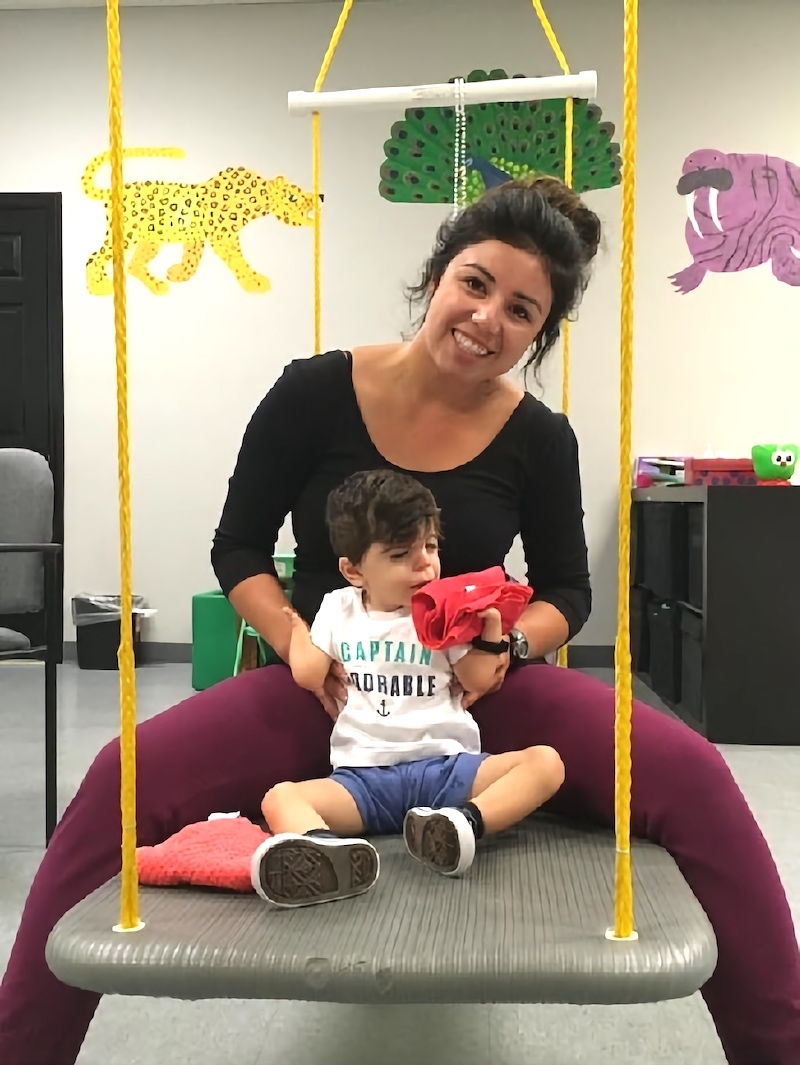
Isn’t he the cutest?!
One unique opportunity I received during my fieldwork experience was learning and implementing the treatment strategy of Hippotherapy on a ranch! I know what you’re thinking . . . she did therapy with hippos!? Well, not exactly! Hippotherapy is a treatment strategy that can be used by occupational therapists, as well as other health care providers, such as physical and speech therapists, to use the movement of the horse to improve their participation in everyday activities, whether this means to improve their posture to sit upright at a desk when writing or strengthen their core to bend and tie their shoes!
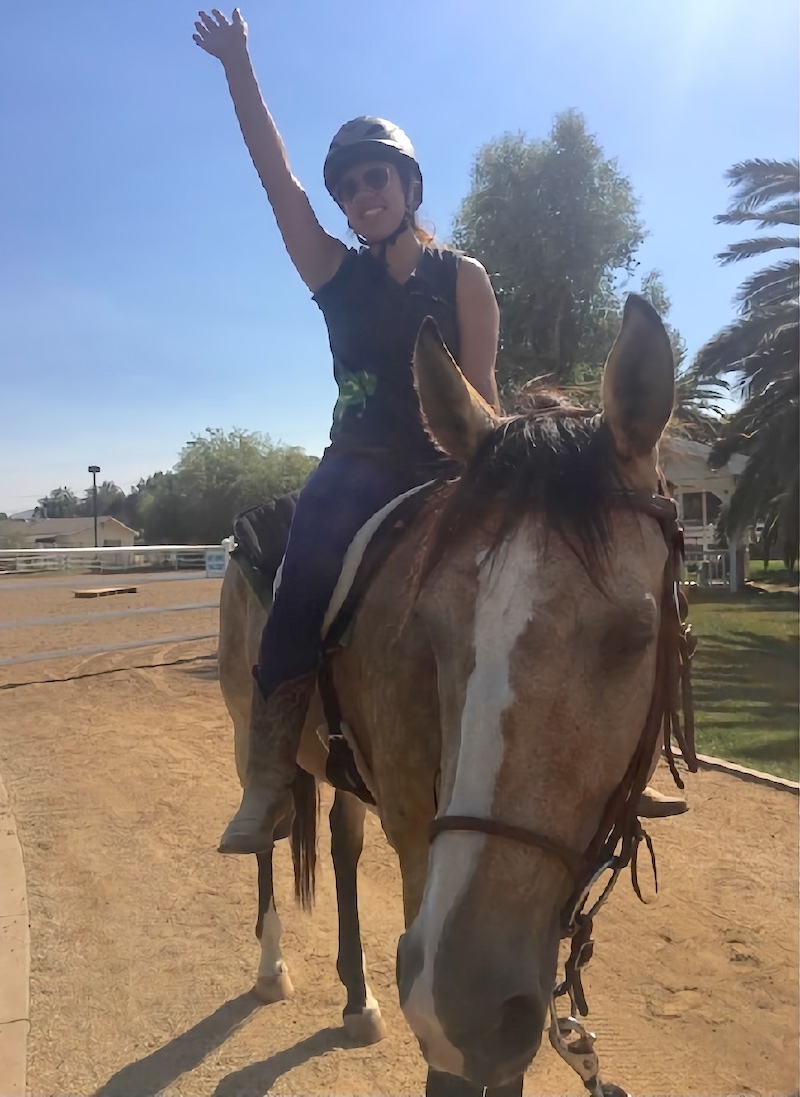
Of course, I had to find out what this sensory experience was all about!
⋯
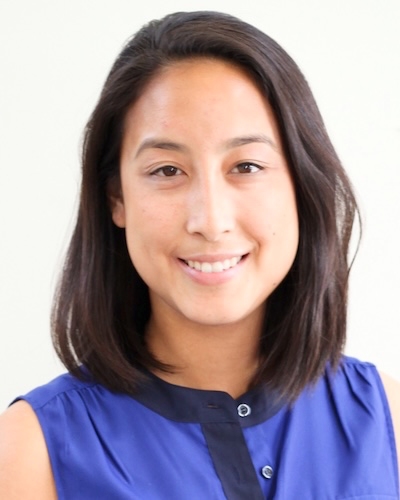
What is fieldwork? ⟩
August 30, 2016, by Jessica
Fieldwork
A lot of prospective students have questions about fieldwork, so I thought I’d address that in this post!
A great thing about being an OT student is not just learning new concepts and interventions in class, but actually putting the knowledge into practice. That’s where fieldwork comes into play! As an OT student, you will be participating in two types of fieldwork: Level I and Level II. Level I fieldwork provides exposure into specific practice area, where depending on the setting, you may mostly observe OT practice in that area, or you may get to be more hands on with clients. At USC specifically, you get three Level I experiences, one in each of our major practice areas: adult rehab, mental health, and pediatrics. You’ll have each Level I fieldwork experience coincide with the practice area you are studying for that semester. So for example, since I’m currently in the Pediatrics practice area immersion, I will doing my Level I fieldwork in pediatrics this semester. Each Level I fieldwork experience occurs 1 day per week for 10 weeks, with one week of full-time fieldwork in the middle of the semester.
Level II fieldwork, on the other hand, much more hands-on, as the end goal is to become a competent entry-level therapist. At USC, you’ll have two Level II fieldwork experiences — one in the summer between your first and second year, and one the summer after your second year of coursework. Each Level II experience runs for 12 weeks, under a full-time therapist’s schedule. Throughout the summer, you will be supervised by a clinical instructor at your site, who will be supervising you and helping you develop your skills as an OT practitioner. Sounds a little scary right? Don’t worry — your clinical instructor will be there to give you feedback and help you develop your clinical reasoning skills. At my Level II fieldwork site this past summer, my clinical instructor graded my responsibilities — mostly observation and orientation my first week, then gradually adding on an additional patient to my caseload each week until I had a full caseload.
Overall, all of your fieldwork experiences are going to help you develop your skills as a therapist. Try to remember to keep an open mind. You may be placed a site you don’t think is “ideal” (FYI — no site is perfect), but there’s always things to take away from those experiences. Whether it’s gaining exposure to a practice area you may have never considered before, or working on building interpersonal skills with clients, there is so much value in being able to spend time out in the field, learning by doing.
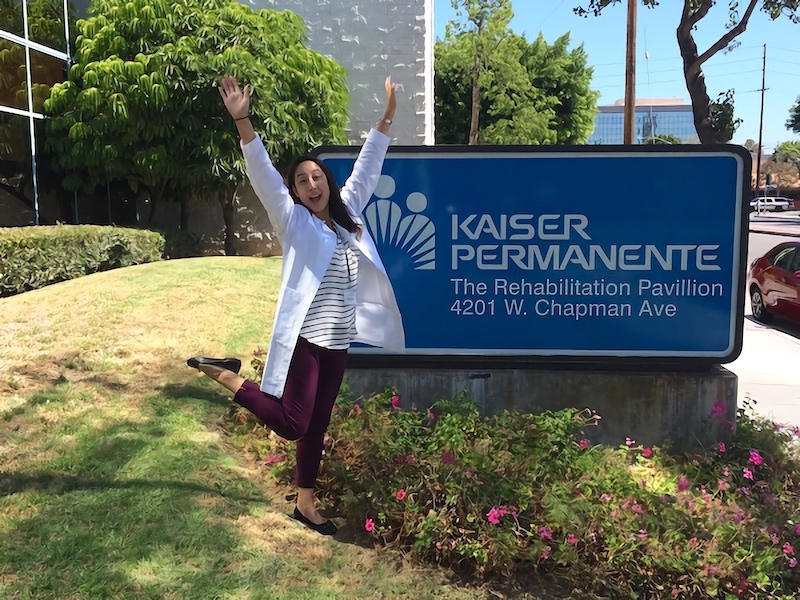
My first day of my first level I fieldwork at Kaiser Rehabilitation Pavilion in Orange! Clearly excited.
⋯
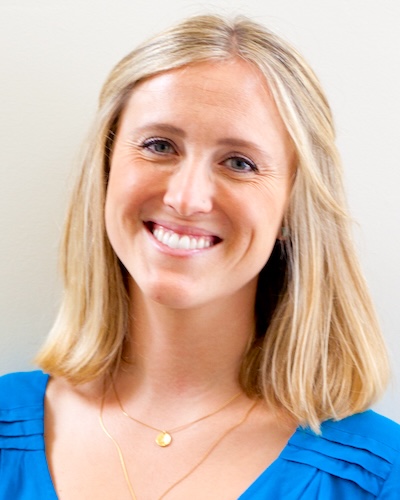
Sorry to say good bye ⟩
November 18, 2015, by Heather
Fieldwork
Yesterday was my last day of fieldwork for the semester. My fieldwork placement was at a private pediatric clinic in Simi Valley called Kids Connection. It was truly an amazing experience, and showed me what effective evidence-based treatments can look like in pediatric occupational therapy.
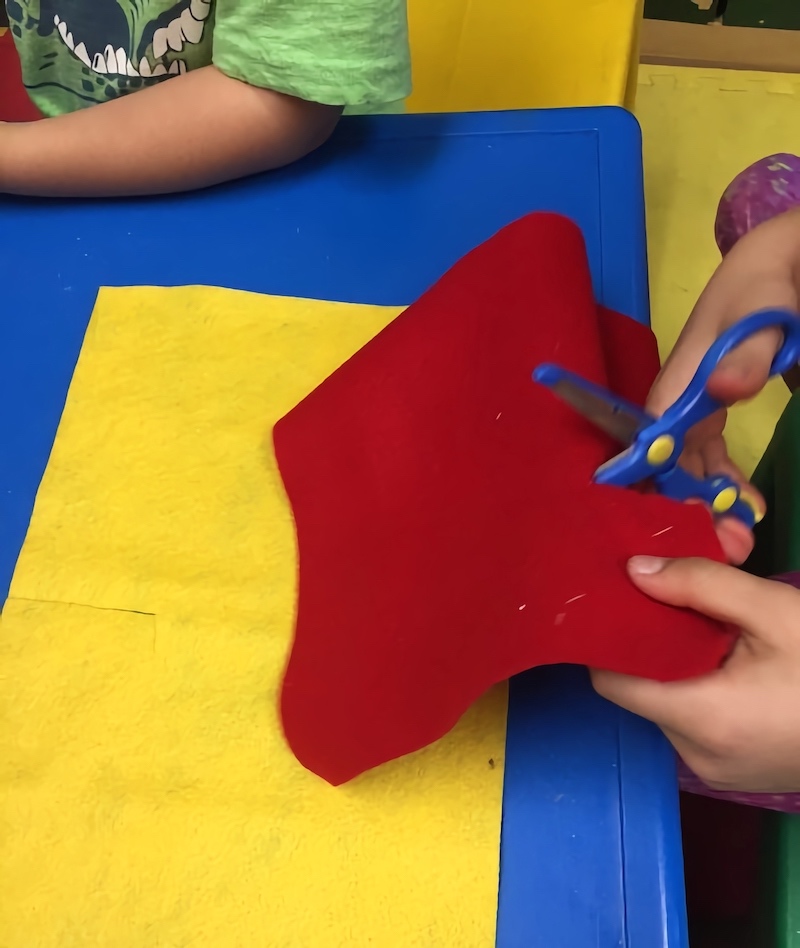
While at Kids Connection, I had the opportunity to work with children with a range of diagnoses between the ages of 6 months to 21 years. At first I was worried that my lack of experience in pediatrics would hinder my ability to work with our clients. I could not have been more mistaken. I quickly learned from my clinical instructor the ins and outs of what makes an effective pediatric occupational therapist.
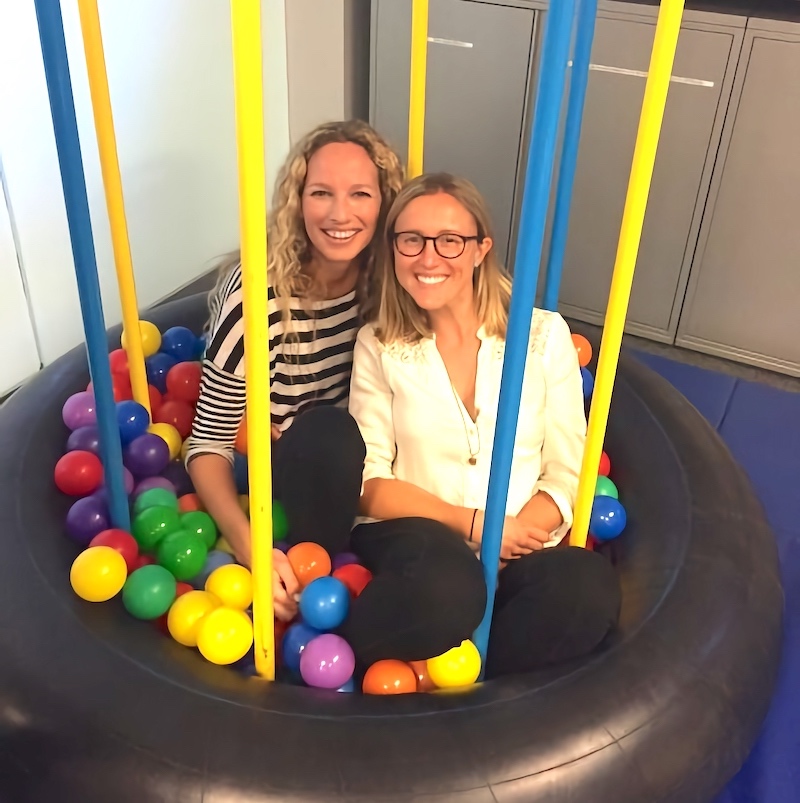
Play was an integral part of each treatment plan with the child, which was also very therapeutic for me. It was a great feeling to leave fieldwork each day feeling more uplifted than when I had arrived.
⋯





